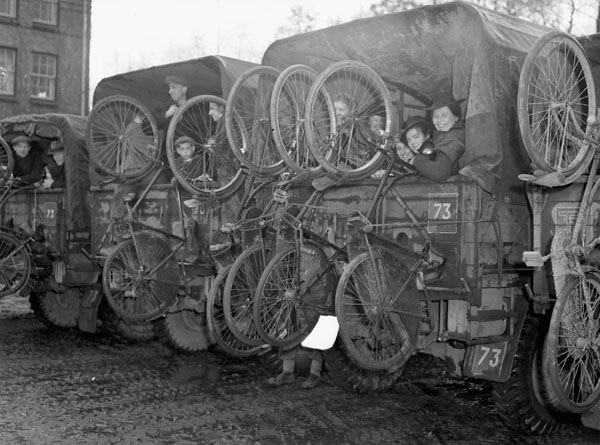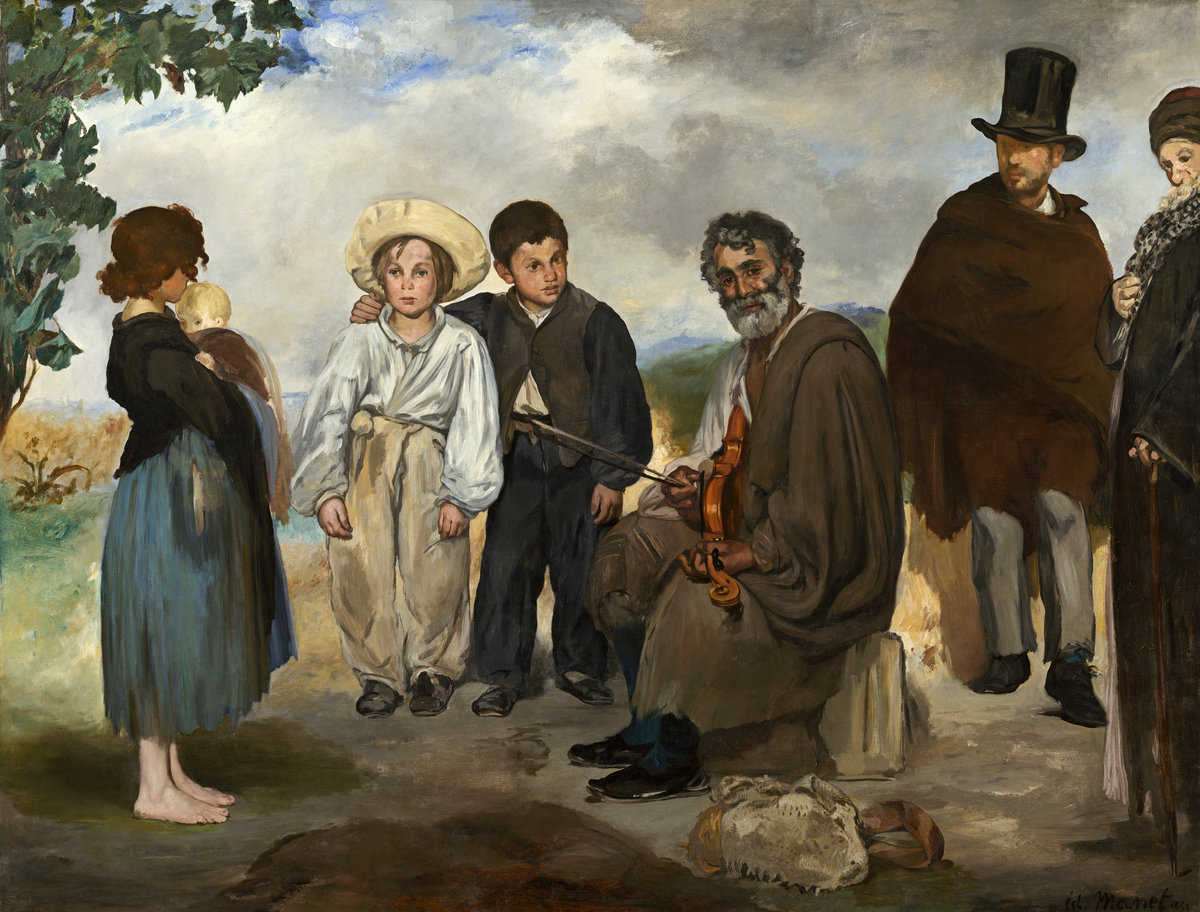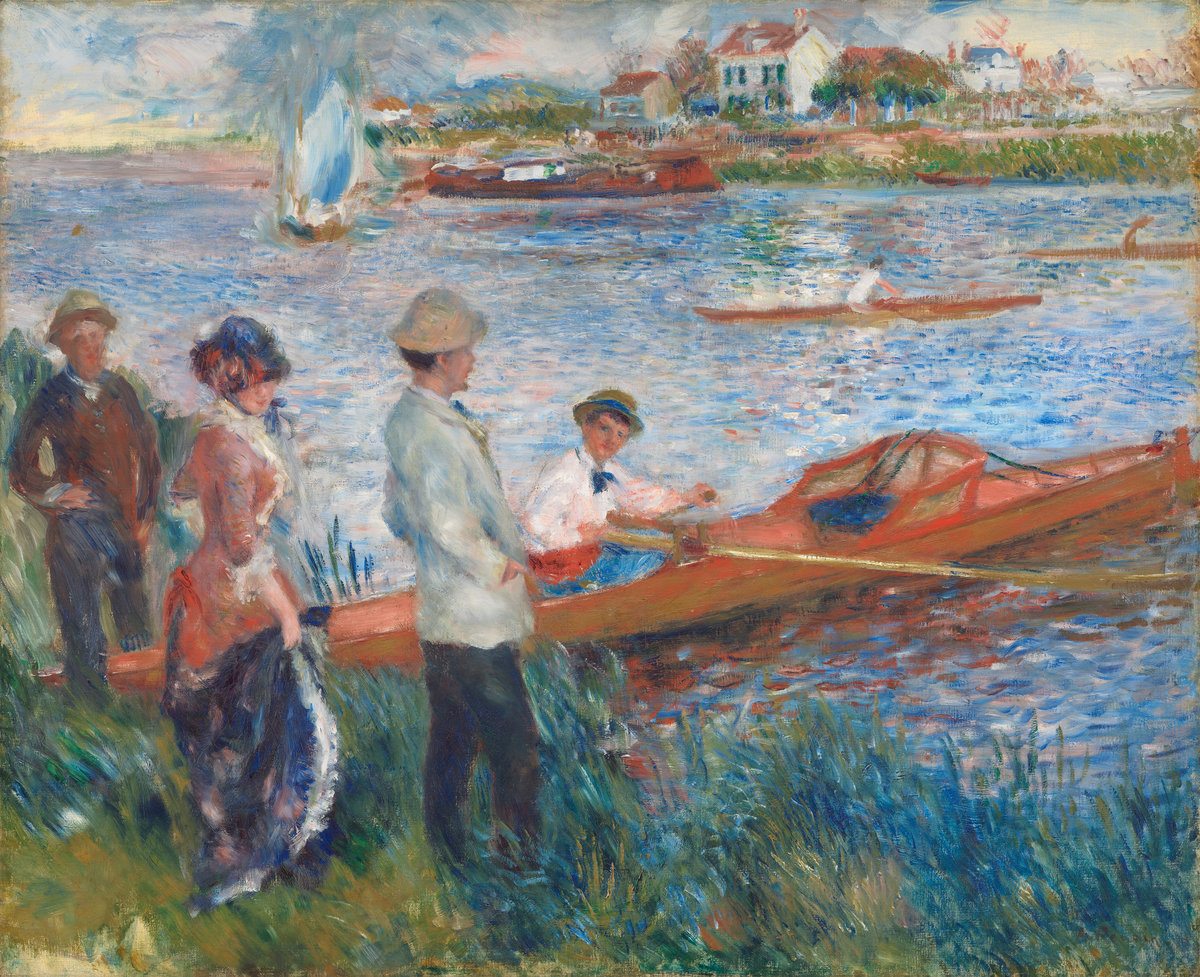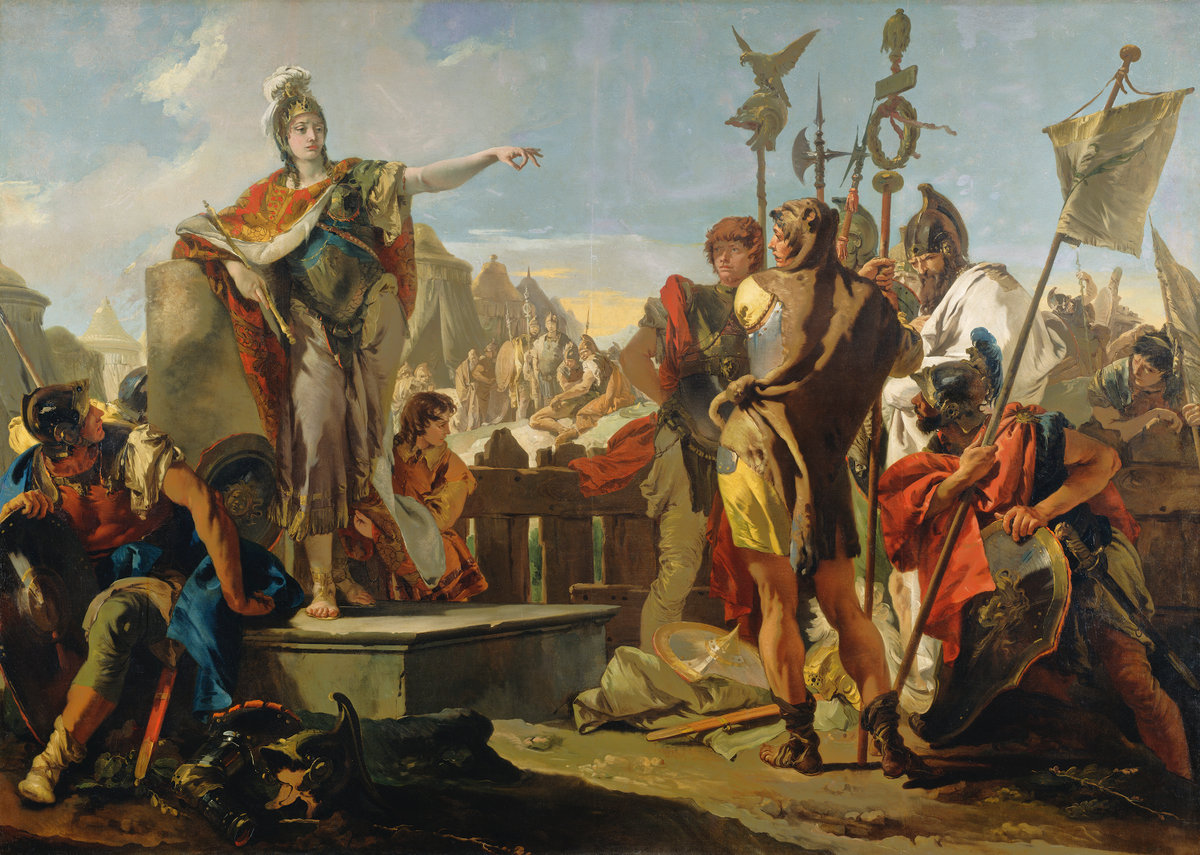By Sarah Bakhtiari
Today’s military is increasingly challenged to develop strategies that reflect the complex operating environment it confronts. What are the keys to developing the intellectual capacity for such complex problem-solving endeavors? Apparently, it’s the liberal arts. The belief is that developing a flexible mind is best suited to adapt to and overcome future challenges, like those identified in the Center for Strategic and International Studies’ 2016 Global Forecast. Spoiler alert—three themes are underscored: the importance of historical understanding (reinforced by insights like this one on terrorism), the tight nexus between economics and security, and the enduring importance of human agency.
The recent ISIS attacks in Egypt and Paris have prompted demands for more action—but more is not necessarily better, unless it’s the right type of action. Douglas Ollivant argues that, in this case, its U.S. Presidential involvement that is necessary to compel the right kind of action. Christian Caryl, on the other hand, suggests that a robust Tunisian democracy offers an ideological alternative to ISIS that is a necessary complement to a military strategy. And just how much should terrorist threats like ISIS drive American foreign policy? Here’s Daniel Byman’s take.
How well is Europe coping with the tensions introduced by refugee flows and terrorist activity on home soil? Much debate revolves around Europe’s cohesion and commitment to liberal political principles. Hungary’s Victor Orban has declared such principles too dogmatic, acting as a mainstream straightjacket of sorts on variations in political freedom. Some simply make the case that accepting Syrian refugees is a legal obligation.
And in the United States, it seems the popular distaste for admitting Syrian refugees today is not inconsistent with America’s historical public opinion on refugees. What about US public perceptions of democratic accountability that is so closely tied to liberal ideals? Read the Pew study—the title says it all, really: “Beyond Distrust: How Americans View Their Government.” The study shows that not only does roughly half of the American population feel that ordinary citizens have little influence over the government through the vote, but also that they’d do a better job solving the country’s problems.
Think you’re pretty smart, do ya? Take care; David Dunning’s new study found that experts are more likely to claim they know the unknowable.
Finally, in light of the Thanksgiving holiday this week and the context of national turmoil, here’s an inspiring post-materialist account of and call for enduring American gratitude. If you’re looking for more hard data, check out the UC Berkeley Greater Good Research Center initiative “Expanding the Science and Practice of Gratitude” and the center’s 2013 survey on American gratitude.








2 comments